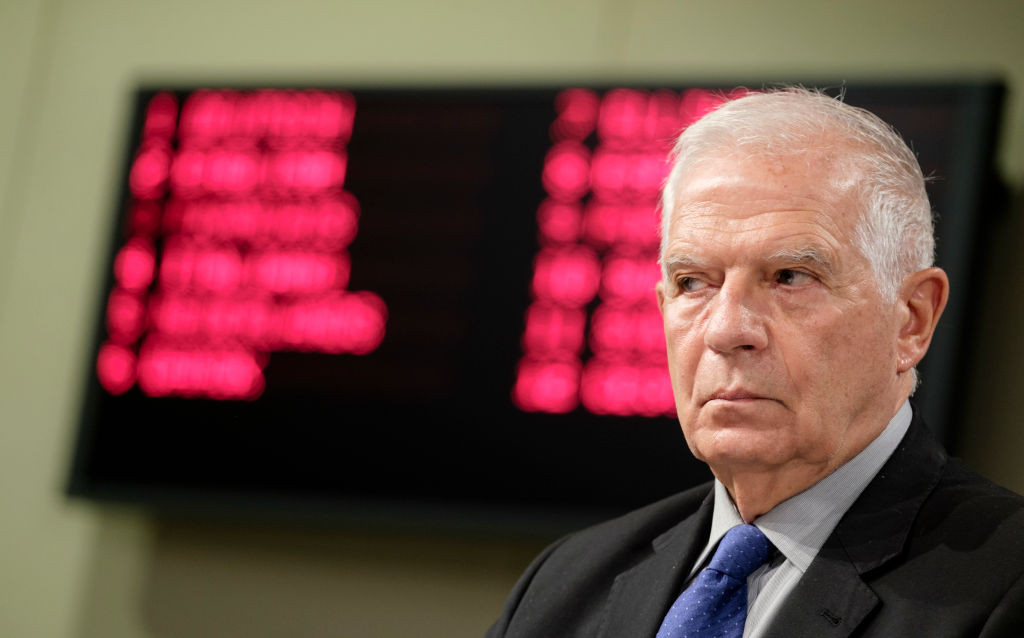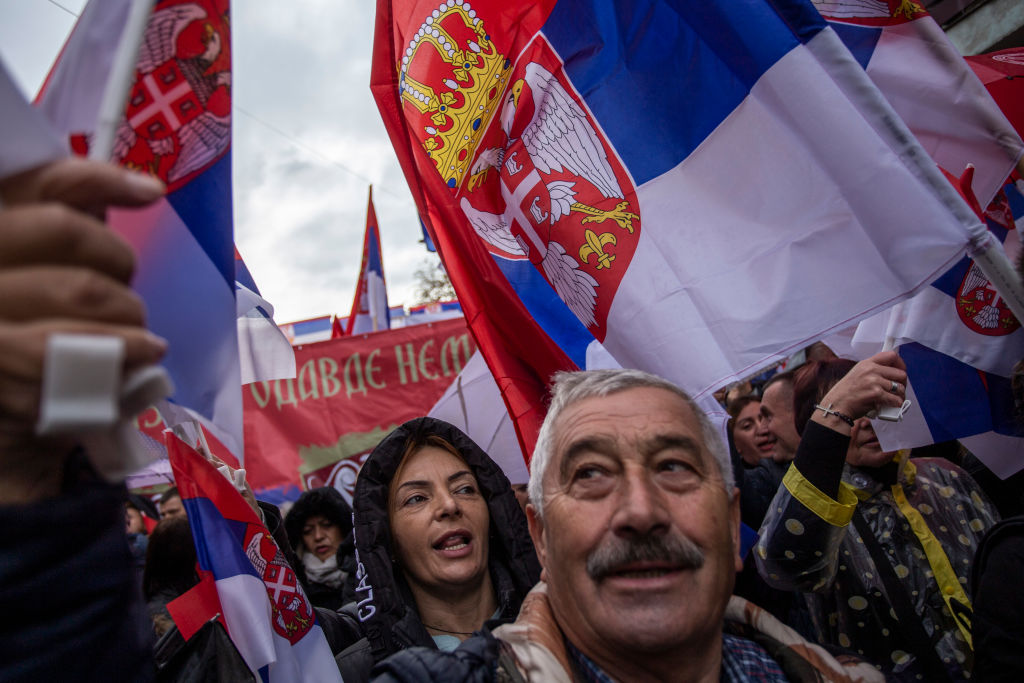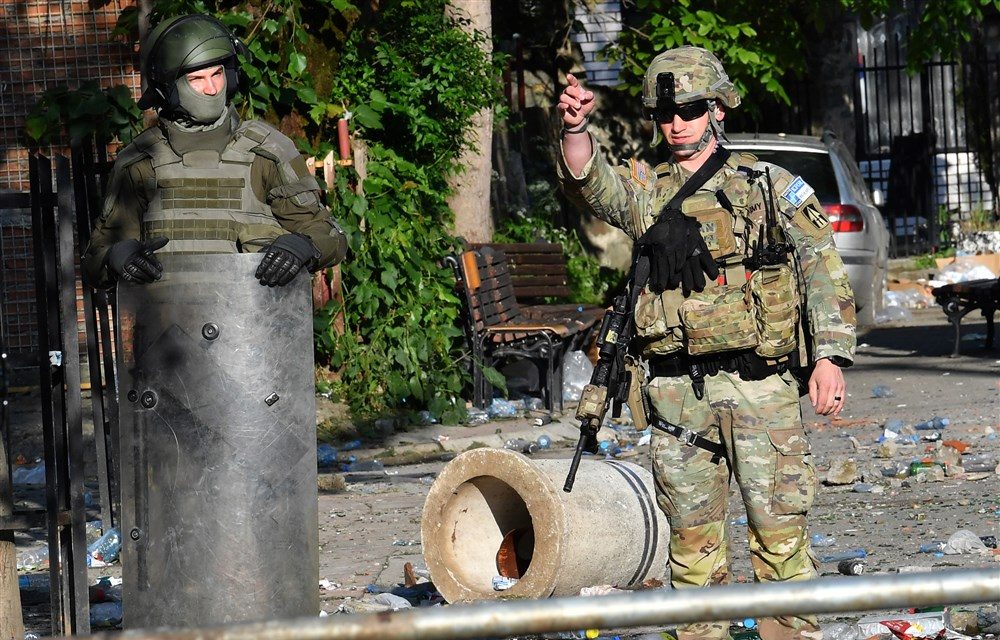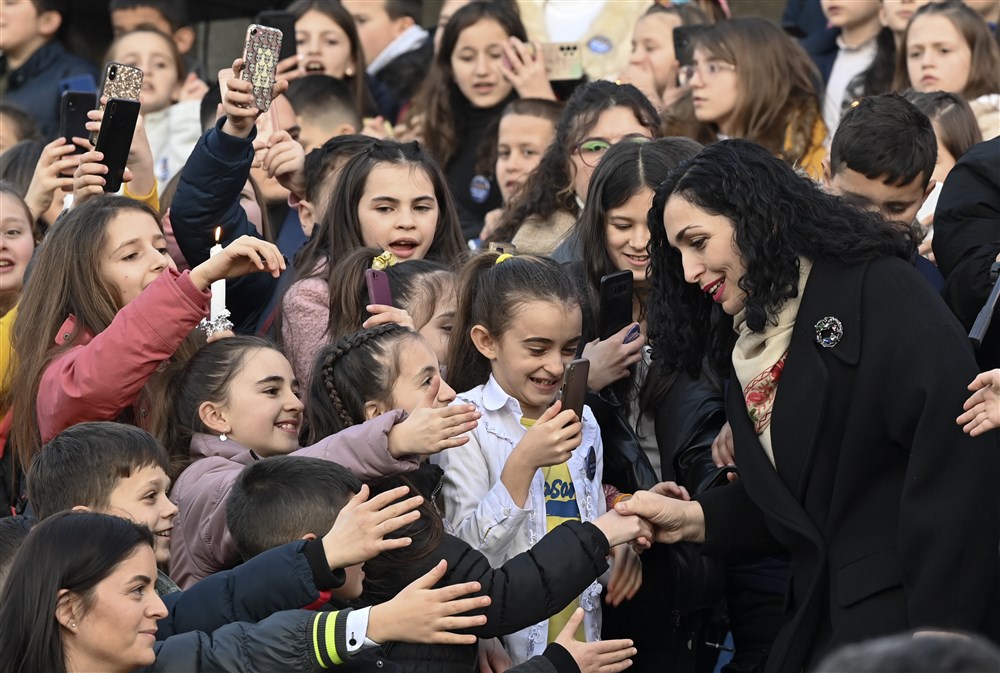Kosovo risks losing up to half a billion euros in funding because of European Union sanctions arising amid tensions with Serbia.
The announcement came from the Alliance of Kosovar Businesses (AKB), which warned on July 3 that EU measures to withhold funds would “seriously damage the economy” to the tune of €500 million, according to local media.
The small Balkan country has been at loggerheads with its neighbour Serbia for the several months, primarily over the status of the Serbian minority who live in Northern Kosovo.
Only a few months after it seemed the EU was finally going to facilitate normal relations between the two, it has more recently been pushing hard to de-escalate the ongoing tensions and bring Kosovo and Serbia back from what some fear might escalate into open conflict.
As a result, the EU has imposed sanctions on Kosovo in a bid to have it fall into line. The measures essentially consist of cutting the country off from the funding and benefits it already receives from the EU. Most recently, Kosovo lost out on signing up to a € 7.5 billion EU project to fund digitisation in the Western Balkans.
The AKB also warned of economic dangers posed to Kosovo, as EU sanctions will have the knock-on effect of driving foreign investment away from the country, it said.
NGOs in Kosovo are also worried about the sanctions. Since many Kosovan NGOs are heavily dependent on EU and other Western funding, many fear the EU’s actions could seriously damage Kosovan society, especially if they are not lifted for several months.
The country’s Prime Minister Albin Kurti criticised the EU sanctions as being one-sided and unfair.
The impasse marks a significant shift in relations between the West and Kosovo. Once a Serbian province, NATO intervention helped to secure its independence after Serbian troops repressed a guerrilla uprising by the ethnic Albanian majority.
However, even former US President Bill Clinton, who pushed for that intervention, was highly critical of Kurti’s government on Tuesday, saying it was time to “stop this foolishness”.
At the heart of the current crisis are recent elections in Kosovo’s Serb-majority townships, which were boycotted by the Serbs. As a result, several ethnic-Albanian mayors were elected on what was a very low turnout. When the Kosovo Government enforced the installation of those mayors into their respective town halls, serious riots broke out, injuring many, including members of the NATO KFOR police force.
Since then, Kosovan special police forces have been active in rounding up Serbs they claim were active in the riots. Serbia and the Kosovan Serbs have claimed the arrests represent ethnic persecution.
Srpska Lista, or Serb List, a minority political party in Kosovo that represents the Kosovan Serbs, sent a letter to the Serbian Government claiming that Kurti is trying to ethnically cleanse Northern Kosovo through state persecution.
For the moment, the EU’s principal demand is for Kosovo to hold new elections in the Serb townships that were previously boycotted. Another primary request from both the EU and Serbia is for Kurti to create a special autonomous Association of Serbian Municipalities within Kosovo to address Serbians’ concerns.
Kosovo had already agreed to create such an entity, in 2013, and again this spring but has repeatedly failed to deliver. Kurti does not yet appear willing to budge on the issue.





